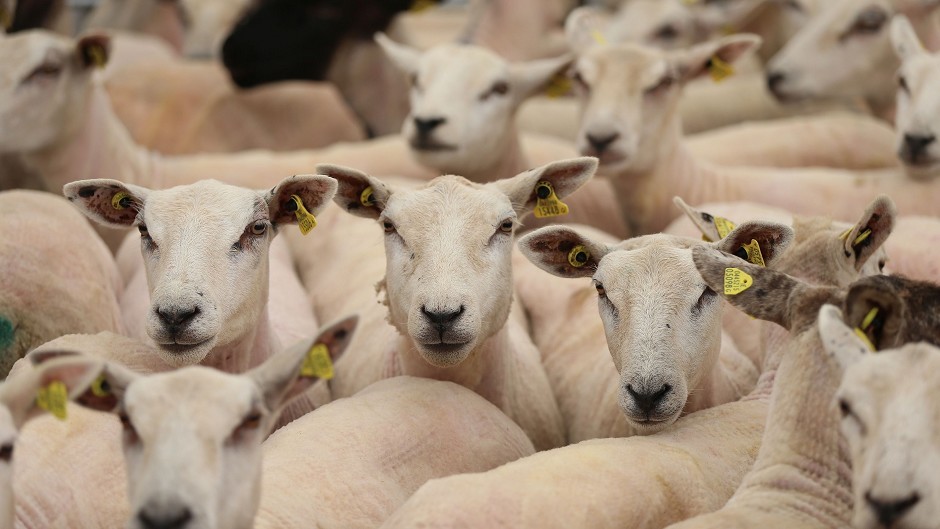A target date has been set to fix “unfair and inequitable” legislation which results in Scotland losing around £1.5million in red meat levy money every year.
Quality Meat Scotland (QMS) chairman Jim McLaren yesterday said industry bodies had set April 1, 2017 as the target date for changing the legislation.
The Scots red meat levy body has been lobbying for a change to the rules, which result in levy money being lost from Scottish-born animals when they are slaughtered south of the border, since 2009.
Chief executive Uel Morton said up until recently there had been a lack of urgency on the issue from counterparts in England, however it was now broadly agreed that the current system was “unfair and inequitable”.
He said there was agreement on how the system could be changed for cattle and pigs, but there was further work needed to figure out a new way of collecting levies for sheep.
Once agreement had been reached on how to collect and distribute levy money, each devolved government administration would need to consult industry on the changes.
Mr Morton said a consultation was likely before the end of the year.
The red meat levy body also released its accounts for the year ended March 31.
Total income at the organisation was down 6.25% to £6.8million, compared with £7.25million the year before.
Red meat levy income remained similar at just under £4.1million, however the amount of grant income fell.
The organisation ended the year with a surplus of £298,330 and Mr Morton said it planned to carry this forward into the current financial year, for which it had budgeted having a deficit of around £250,000.
The money would be used for marketing, he said.
Both Mr McLaren and Mr Morton were keen to stress that the bulk of the organisation’s spend is on promoting the Scotch Beef, Scotch Lamb and Specially Selected Pork brands.
“It’s worth noting that when you add the additional income we secure from grants, for every £1 of levy collected, £1.10 is spent delivering activities on behalf of the Scottish red meat industry,” said Mr Morton.
“Of this £1.10 total, 75 pence is spent on consumer-facing activity and 28 pence on industry-facing activity.”
